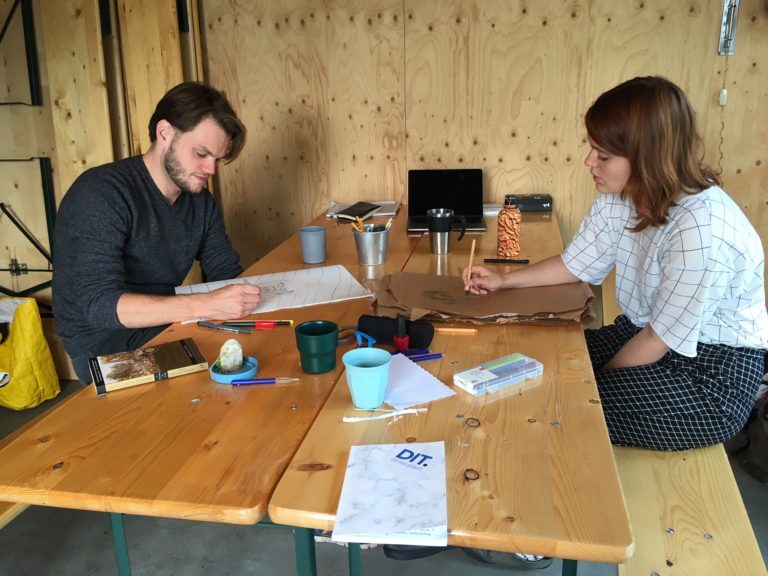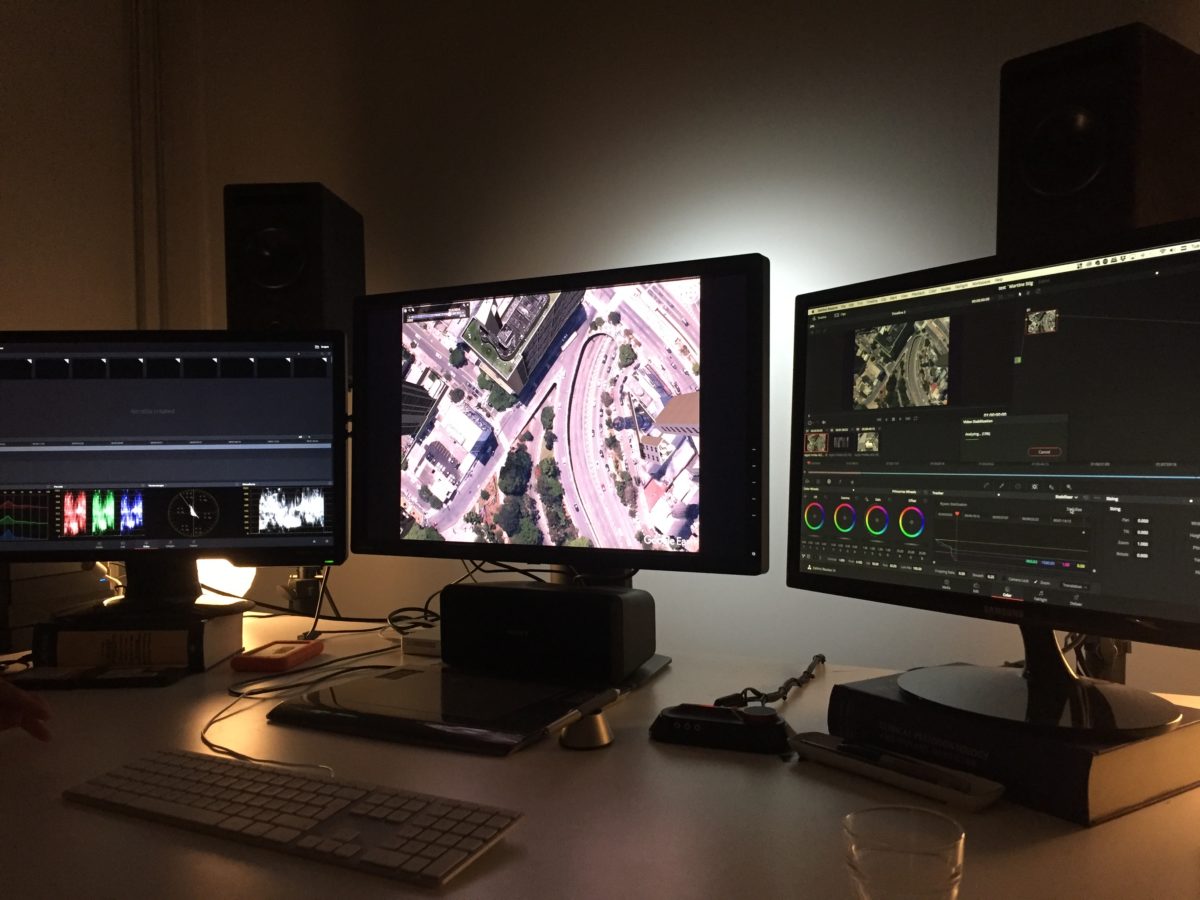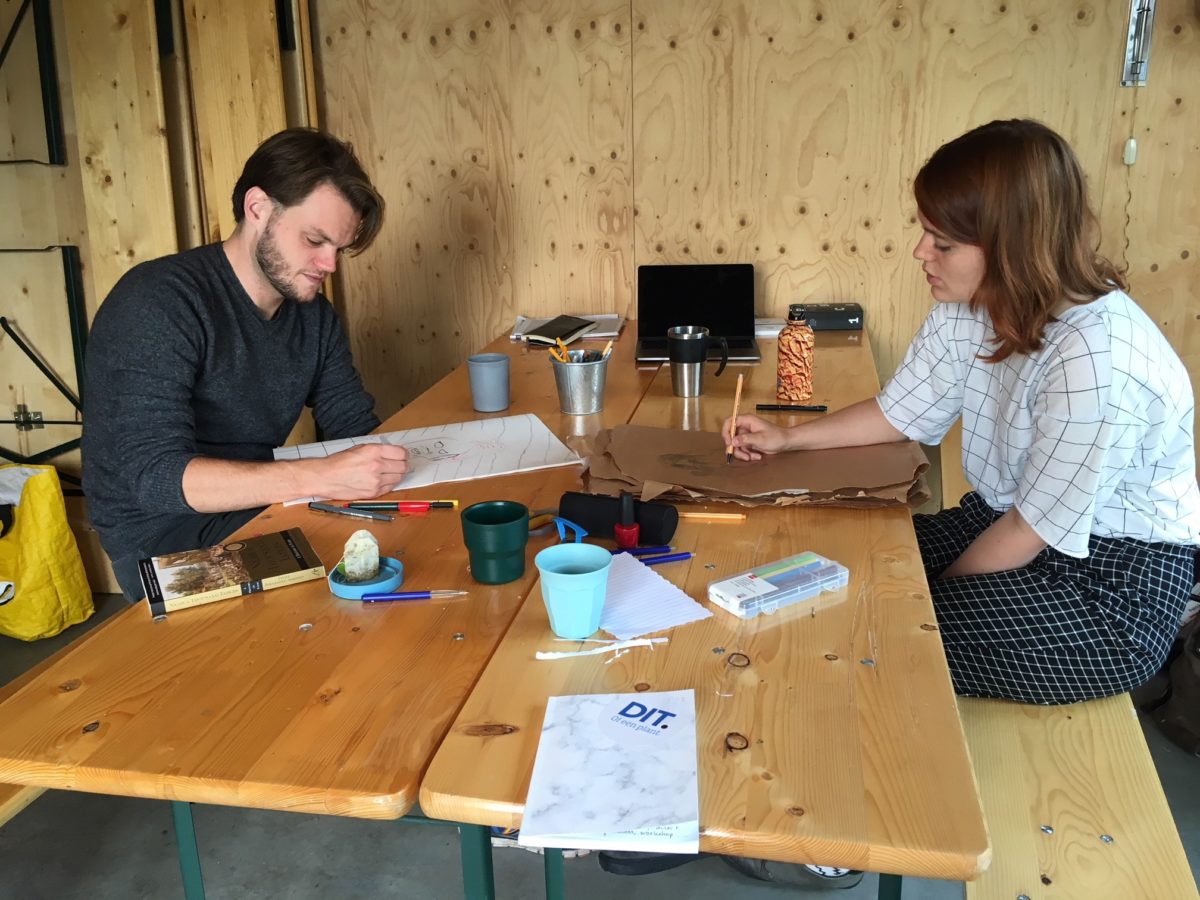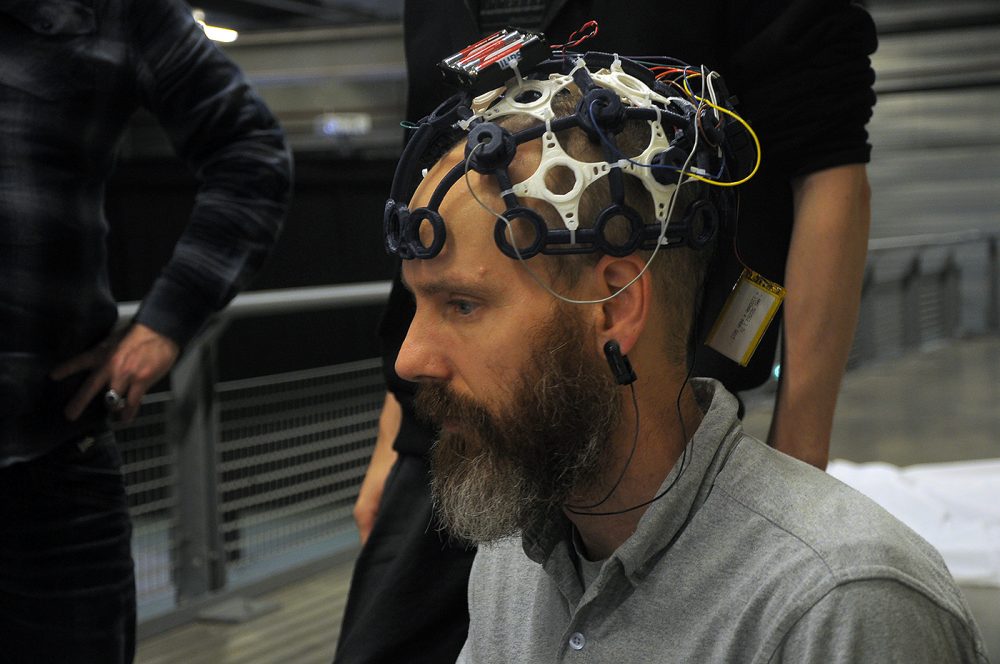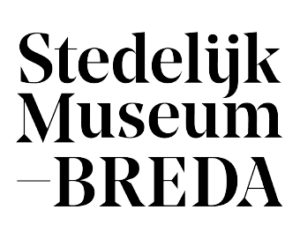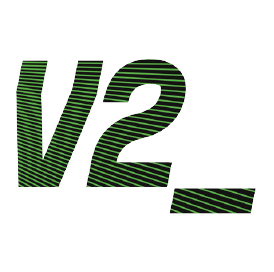Today, our societies are threatened by a multitude of complex crises. The problems we are facing range from rising economic inequality, to mass migration and the crisis of democracy. However, our most severe challenge is the planetary crisis that we’ve come to understand through the notion of the Anthropocene. It is clear that an effective response to these comprehensive challenges will require a mobilisation of all progressive forces of society. The sixth mass extinction may already be under way but the extinction of humanity can still be prevented.
The research group Cultural and Creative Industries investigates the role artists, designers and cultural producers in general can play in developing the aesthetics and poetics of a desirable future. How can art and design challenge the order of things? What kind of ethical and political system of references is necessary for cultural producers to engender critical and sustainable practices? What competencies do they require to navigate the complexities of technology, science, and business without being corrupted by them? How can we enable our community of students and early career professionals to become apposite change makers, rather than complicit agents of changeless change?
Some twenty years ago, the creative industries were introduced as a policy paradigm in an attempt to help organise the transition from an industrial to a post-industrial economy. While this policy was successful in establishing creative industries as distinct sectors throughout Europe, many of its fundamental assumptions are increasingly questioned. The research group Cultural and Creative Industries is invested in generating new discourses and practices that unravel the controversies regarding the role of artists and designers as ‘creative innovators’ acquiescent to economic and social power relations. Investigations evolve around practices of creativity and innovation that are bound to serendipity, and categorically antithetical to existing practices, to ascertain what the conditions are under which real innovation can actually take hold within the cultural and creative industries. What economic models are available to early career artists and designers in order to establish a transformative practice? What skill sets are required for those artists and designers who don’t just want to follow movements, but actually shape novel social and economic models of the future?
Impact
Chair of the research group Cultural and Creative Industries is Professor Dr. Sebastian Olma. He began his academic career by pursuing interdisciplinary studies in the social sciences and humanities at universities in Germany and the US. Sebastian received his PhD from the Centre for Cultural Studies, Goldsmiths College, University of London. Years of research and consulting experience within the field of creative industries policy led to the publication of his In Defence of Serendipity (2016, Repeater books, London). In 2015, Sebastian joined Avans.
The research group Cultural and Creative Industries evolved out of the research group Autonomy in Art, Design and Technology, and is part of Avans University of Applied Sciences. Over the course of its five-year long existence, the research group had an enormous social impact through a large number of collaborations with institutions such as Onomatopee, Belius Foundation Berlin, V2_Lab for the Unstable Media, MOTI museum, STRP-festival, and the Centre of Expertise CoE BBE at Avans. Many of these collaboration lead to public events, exhibitions or performances, most recently: Art for Machines by Martine Stig, 2020 as part of Gimme Shelter at the Nederlands Fotomuseum, Rotterdam. Under the leadership of Professor Olma, the research group frequently published its findings and interventions in books such as Autonomy and Weltbezug (Olma, Avans, 2016), Art and Autonomy. Past – Present – Future (Olma, V2_, 2018) and Another Version: Thinking through Performing (Hoegen, 2020), are some examples. Since 2019, the research group publishes its own online journal Makingandbreaking.org that intervenes in societal debates around cultural production.
Professor Olma is a board member of the national platform Art ~ Research that advocates a more impactful role for research in art and design. He is also actively engaged in the development of the new academic degree Professional Doctorate (PD) and the preparation of the relevant PD pilots within the fields of art and design.



